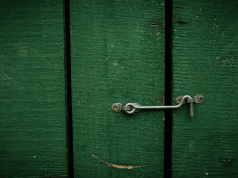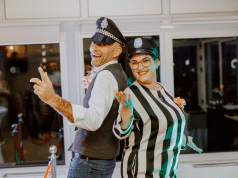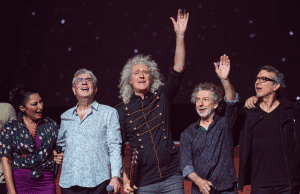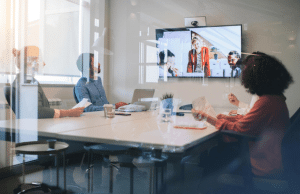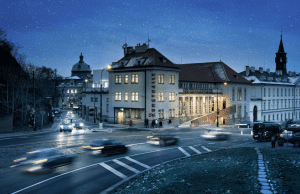I’ve used this not-quite-serious title as a reaction to the social narcissism that we see almost everywhere and always these days. It’s actually really hard to avoid it, even in our little meetings industry community – selfies, Sunday lunches, personal feats, family holidays, children in all kinds of poses, beef soup, doggy joy (“isn’t he SO cute?”), wannabe photos, those first vegetables from your garden (say CHEESE!), holiday debauching, the deep contemplative thoughts about life and death, rock’n’roll… Sometimes you get the thought that every social colleague is preoccupied with finding the perfect picture and getting it ‘posted’ before anything else.
At one of the recent workshops I attended on content marketing, one of the participants asked about the advisability of such social narcissism triggered a reaction that divided the participants into two camps: committed advocates of “social networking” and those in the “back to the roots” bracket. The debate even went so far that one of the participants declared taking “selfies” as a mental disorder, backed up by the American Psychiatric Association having taken it upon itself to name this disorder SELFITIS, defined as ‘the obsessive compulsive desire to take photos of one’s self and post them on social media as a way to make up for the lack of self-esteem and to fill a gap in intimacy’. As with all such disorders, the discussion raged, there are many kinds of selfitis, ranging from the acute to the chronic phases, the most problematic of all being the pathological narcissists, who, it was suggested, don’t seem to be lacking in the meetings industry either…and who are the cases chronically burdened by their appearance and looks, which pretty much hints a little of the Oedipus complex…
At this point I cut through the dilemma with Solomonic explanation that this is really about social networks, which are most often intended to forge social contacts. In our field this is associated with entertainment and fun. Whilst this simple answer partly calmed the heated discussions, I decided to spice my interpretation with the fact that social networks are now more popular than porn sites, and so event organisers find it difficult to avoid them. A few days later I was therefore not entirely shocked by the information that the organisers of world-renowned physics lectures in Ljubljana completely filled the congress hall and the only communication tool was Facebook.
So, safe to say that event organisers are now firmly embedded in social networks. It is an exciting, fully accessible world that we live in, which might persuade you to attend an event. Communication is no longer loaded by any kind of social distance; building relationships is at times even easier than in the real world (although entering and exiting relationships is simpler and easier too). If you’re unsure, just take a look at the young people around you. The most successful organisers are those who surmount the barriers between social networks and the actual forming of genuine relations that only occur ‘live’. The end result? [pullquote]Your SOCIAL CAPITAL is highly important if you intend to seriously deal with events.[/pullquote]
A recent analysis for the needs of workshops carried out by expert Primož Žižek for Ljubljana Tourism has shown a big gap between the use of social networks among congress participants and key stakeholders, from Convention Bureaus to individual providers of hotels, agencies and others. It seems that we significantly lag behind the rest of the world with our use of social networks, which is today considered as “the more likes you have, the more you are worth”. There is plenty of room for development and innovation in marketing. In doing so be cautious but ambitious: don’t be lead by the herd instinct and function according to the ‘if you jump, I’ll jump’ principle. This area of our work requires a strategy and a thorough examination of the product and the communication objectives.
Before you take your next selfie, however, please consult your doctor and pharmacist, despite what has been written above!
The useful value of Kongres Magazine is judged by its readers and partners, the number of followers in November exceeding 10,000.
– Facebook 5,537
– Twitter 1,665
– Linkedin 2,021
– Other 792 (Google+, Youtube, Pinterest)




